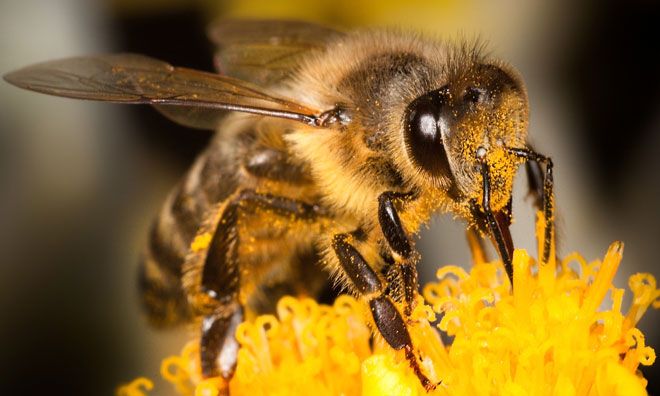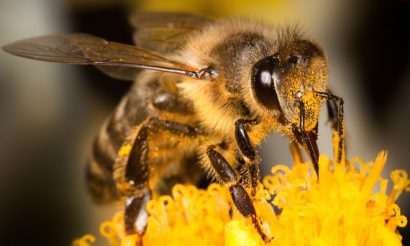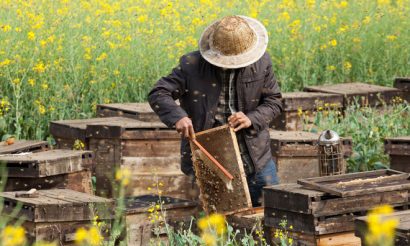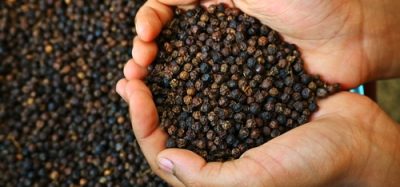Let’s celebrate National Honey Bee Day
- Like
- Digg
- Del
- Tumblr
- VKontakte
- Buffer
- Love This
- Odnoklassniki
- Meneame
- Blogger
- Amazon
- Yahoo Mail
- Gmail
- AOL
- Newsvine
- HackerNews
- Evernote
- MySpace
- Mail.ru
- Viadeo
- Line
- Comments
- Yummly
- SMS
- Viber
- Telegram
- Subscribe
- Skype
- Facebook Messenger
- Kakao
- LiveJournal
- Yammer
- Edgar
- Fintel
- Mix
- Instapaper
- Copy Link
Posted: 15 August 2016 | Roy Manuell | No comments yet
On the 20th August, the annual National Honey Bee Day program will celebrate its 8th anniversary.


On the 20th August, the annual National Honey Bee Day program will celebrate its 8th anniversary.


The program was started according to its website “by grassroots minded beekeepers to build community awareness of the bee industry, through education and promotion” and has three primary objectives:
– The promotion and advancement of beekeeping.
– Education for the public with regards to honey bees and beekeeping.
– Make the public aware of environmental concerns affecting honey bees
What concerns?
The honey industry has seen a boom in demand in recent times but crucially supply has struggled to keep up. Rising pressure on bee numbers is down to several factors.
Bee disease, climate change and production and manufacturing inefficiency and irresponsibility have all had a negative impact on honey bee population numbers raising concerns that the industry will continue to struggle when coping with demand.
Honey laundering
As a result, the market has seen several attempts to contaminate honey with artificial sweeteners and syrups.
The honey industry has seen a boom in demand in recent times but crucially supply has struggled to keep up.
Essentially economically motivated, syrups and other sugar-based substances are thought to be consistently added to honey products ultimately diluting product quality, a move that mirrors similar problems in the fruit juice industry.
Derived from rice, wheat and corn, the syrups cost a fraction of the price of honey and are strictly forbidden on the European market.
The issue is that these mixed, counterfeit honey products are problematic to detect.


What can be done?
Technology such as nuclear magnetic resonance (NMR) spectroscopy which enables what is called a ‘non-targeted’ analysis of products poses a potential solution. Fast, only taking a few minutes, the technique differs from the existing, arguably inefficient detection methods that require a predetermined marker (a specific substance to look for) when analysing a product for substances, removing the need for the time-consuming separation of substances.
Simple solutions
A more fundamental solution however, in line with National Honey Bee Day’s ethos, would be to quite simply do all we can to protect the honey bee species.
Three ways in which we might be able to achieve this according to Help Save the Bee would be :
– Stop using insecticides
– Plant Bee-friendly plants
– Create natural habitat gardens
Regardless of how the issue is approached, what is clear is that the honey industry requires action in order to protect one of our most-loved species and global products, honey, so let’s celebrate National Honey Bee Day this Saturday.







